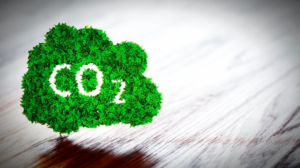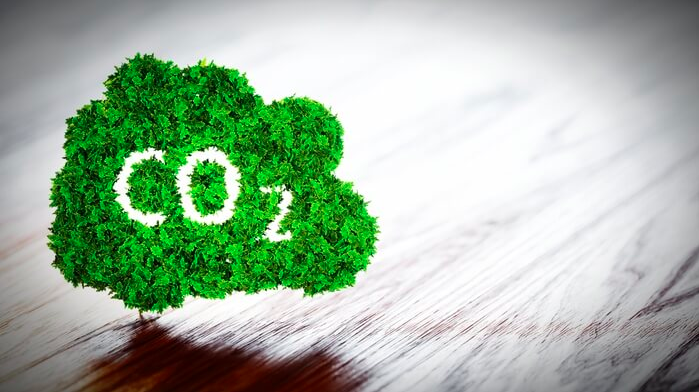
Always and everywhere, government being short of cash is never a revenue problem – it is always a spending problem.
The default mentality of any human being spending money should be:
“If I am out of money – I should spend less.”
Government has zero dollars – until it takes money from We the People. So the default mentality of government DEFINITELY should be:
“If we are out of money – we should spend less.”
But of course government never, never thinks that way.
The Democrats’ Build Back Never bill – oops, I mean Build Back Better (BBB) – has LOTS of new taxes in it. And there’s another tax Democrats have been struggling mightily to add: a carbon tax.
“A carbon tax is paid by businesses and industries that produce carbon dioxide through their operations. The tax is designed to reduce the output of greenhouse gases and carbon dioxide, a colorless and odorless incombustible gas, into the atmosphere. The tax is imposed with the goal of environmental protection.”
The other goal is, of course, to allow government to take even more money from US.
But BBB proponents say the point of a huge swath of the BBB bill is to impose all sorts of new mandates, restrictions and regulations on US – in the name of environmentalism and saving the planet.
Build Back Better Act Includes Historic Environmental Justice
Advocates Call Build Back Better Essential for Environmental Justice
Earthjustice Applauds Passage of Build Back Better Act in the House
The bill will already be dramatically diminishing our economy in the name of the environment – so why pile on even more with a carbon tax?
Given the entire planet shares the same climate – shouldn’t we instead impose a carbon tax on countries doing FAR less self-flagellation than are we in the name of addressing climate change?
We beat ourselves up….
Biden Administration: Aggressive Reduction of US Coal Production
U.S. Shale: Biden’s Drilling Ban Actually Undermines Emission Targets
Huge economy countries like, say, China, Russia and India? Not so much.
China Is Still Building an Insane Number of New Coal Plants
Why China Is Suddenly Buying Record Amounts Of American Crude Oil
Russia Bets Big on Coal, Gas, Fossil Fuels, and Not on Renewables
Coal Is King in India – and Will Likely Remain So
India’s Demand for Oil Will Have Big Consequences for the Middle East
When the going gets tough? China, Russia and India forget the environmentalism – and remember regular energy policies.
China to Ease Energy Use Curbs to Relieve Economic Pressures:
“China will loosen blanket restrictions on energy consumption in order to ensure environmental and climate targets do not erode future economic growth….”
Russia Is Ignoring Climate Change
Russia’s Dirty Gas Is Keeping Europe From Freezing Over
Russia and India Veto UN Resolution Linking Climate Change and Security
India Can No Longer Ignore Climate Shocks
Their lack of environmental self-imposition often goes to insane extremes.
China’s Slave Labor, Coal-Fired, Mass-Subsidized Solar Panels Dominate the Planet
So the US piling on a carbon tax on the US – is an exceedingly terrible idea. Instead? Let’s do what we first recommended in February 2017….
The ‘Border Adjustment Tax’: Great Tax Reform – That Gets Us Great Trade Reform
What Is a Carbon Border Tax and What Does It Mean for Trade?:
“A carbon border adjustment tax is a duty on imports based on the amount of carbon emissions resulting from the production of the product in question. As a price on carbon, it discourages emissions. As a trade-related measure, it affects production and exports.”
The US imposing a carbon tax on US – will export lots and LOTS of companies and jobs. Taxing them and not US – will do exactly the opposite:
“Instead of taxing exports and not imports, we’d be taxing imports and not exports. Instead of reading about corporate inversions and outsourcing, we’d be reading about jobs and firms moving into the U.S. to take advantage of the favorable tax rules here.”
We’re the only country imposing any real economic limits in the name of climate change.
Therefore, we should be the only country NOT paying a carbon tax.

